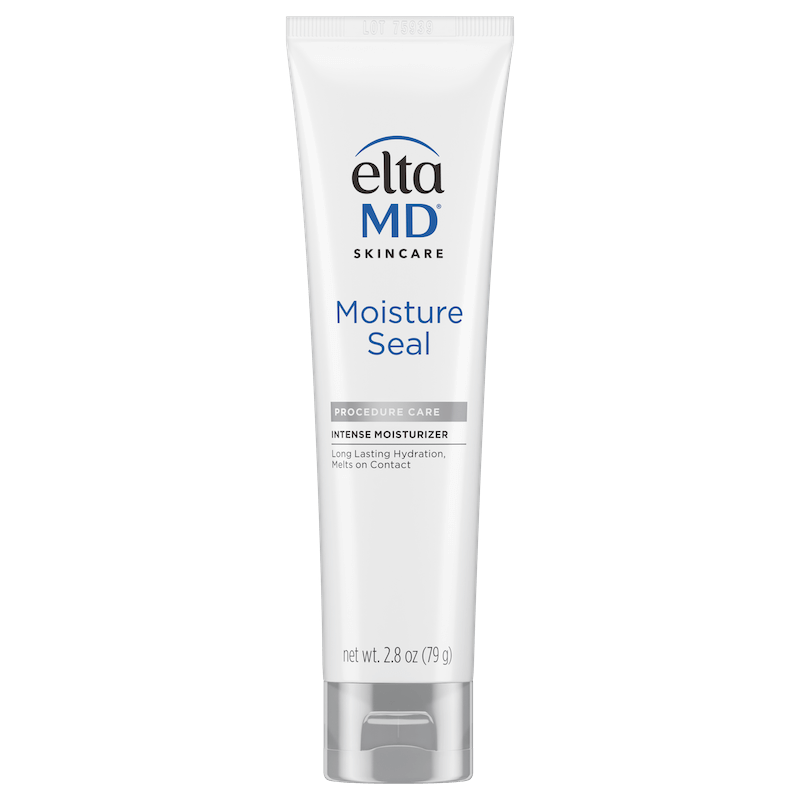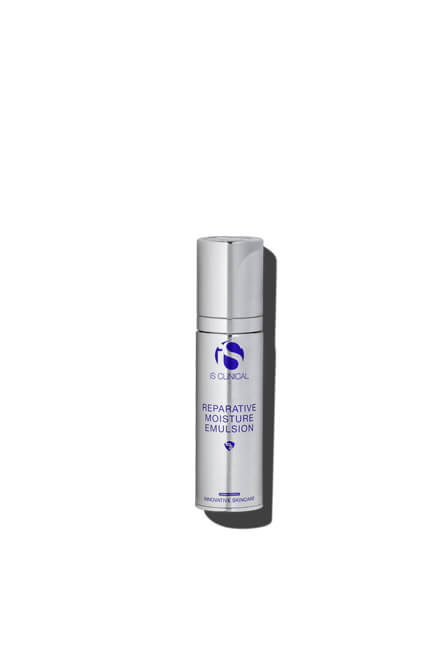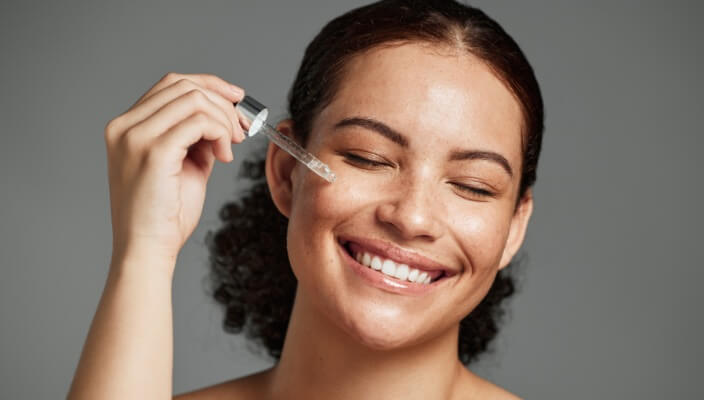The Ultimate Guide to Petrolatum and Slugging: Debunking Myths and Revealing Benefits
Have You Heard About Slugging?
 It’s a recent skincare technique that’s taking the world by storm. Slugging involves applying petrolatum-based products like Vaseline to your skin to lock in moisture. But is it safe? Will it clog your pores? In this comprehensive guide, we’ll explore the benefits and potential drawbacks of using petrolatum-based products for skin hydration, including a comparison between using petrolatum and the skincare technique known as “slugging.” We’ll address concerns related to clogged pores and acne while explaining the science behind how petrolatum locks in moisture.
It’s a recent skincare technique that’s taking the world by storm. Slugging involves applying petrolatum-based products like Vaseline to your skin to lock in moisture. But is it safe? Will it clog your pores? In this comprehensive guide, we’ll explore the benefits and potential drawbacks of using petrolatum-based products for skin hydration, including a comparison between using petrolatum and the skincare technique known as “slugging.” We’ll address concerns related to clogged pores and acne while explaining the science behind how petrolatum locks in moisture.
Petrolatum
Petrolatum, also known as petroleum jelly, is a semi-solid mixture derived from petroleum. It forms a protective barrier on the skin’s surface, preventing moisture loss and promoting healing. It has been used for over a century for various skin ailments and is considered safe by the FDA. Some people avoid it due to its greasiness and pore-clogging concerns, but studies show it is non-comedogenic. The American Academy of Dermatology recommends it for eczema or dry, cracked skin.
Slugging
Let’s talk about slugging. According to Consumer Reports, slugging is a skincare trend that involves applying a thick layer of petrolatum-based products to your face at night for hydrated skin. Vaseline is commonly used, but other products like Aquaphor or lanolin work too. Slugging creates a barrier to retain moisture and protect against irritants.
Some people have reported improved hydration, acne, and eczema symptoms from slugging. However, it’s not suitable for oily or acne-prone skin as it can worsen breakouts. Patch testing is essential to check for allergies.
Remember, use petrolatum-based products as the last step in your skincare routine. Don’t apply them to open wounds or broken skin, as it can delay healing.
Is Petrolatum Suitable For All Skin Types?
While petrolatum is one of the oldest skincare ingredients and has been used for decades to protect and soothe the skin, it may not be suitable for all skin types. The American Academy of Dermatology Association doesn’t recommend applying petroleum jelly on your face if you are acne-prone. Here are some general tips on its usage:
Dry Skin: Petrolatum is an excellent emollient that can penetrate the outer layer of the skin and improve its texture and suppleness. For those with dry skin, petrolatum in products like creams can be particularly helpful to lock in moisture and prevent itching, flaking, and cracking. It’s also hypoallergenic, meaning it is less likely to cause skin irritation or allergies.
Oily Skin: Those with oily skin tend to avoid petrolatum because it is a heavy and oily ingredient that can clog pores, leading to acne breakouts. However, according to the International Academy of Cosmetic Dermatology, pure petrolatum does not cause acne, and it may even have a positive effect on sebum production and bacteria growth. Therefore, a small amount of petrolatum-based products may benefit individuals with oily skin, especially when used in combination with other non-comedogenic ingredients.
Normal Skin: Individuals with normal or combination skin can also benefit from petrolatum, mainly if they have dry areas, like the face, elbows, and knees. For those who don’t suffer from acne, petrolatum-based products can be an inexpensive and straightforward alternative to expensive moisturizers, as they lock in the moisture already present on the skin.
Sensitive Skin: Petrolatum is one of the most gentle and least reactive ingredients used in skincare, making it ideal for sensitive skin types. It is also a fragrance-free ingredient, so there’s no need to worry about irritation due to synthetic fragrances added to a product. Because petrolatum is an excellent occlusive agent, it forms a barrier that can protect the skin from harsh environmental factors and irritants.
Mature Skin: As we age, our skin naturally loses its elasticity and radiance, and petrolatum can be helpful to soften and protect from further damage. Petrolatum-based products can help reduce the appearance of mature skin’s fine lines, wrinkles, and hyperpigmentation by improving hydration levels and preventing moisture loss.
Patch Testing
Patch testing is an essential step in determining whether a skincare ingredient is suitable for your skin. This involves applying the product to a small patch of skin (such as the inside of the wrist) and monitoring for any adverse reaction over 24 to 48 hours. If you experience redness, itching, or swelling, this may indicate an allergy or sensitivity to the ingredient.

Consult A Tru-Skin Dermatologist
Discuss your skin care goals with a dermatologist before trying new skincare products. Professionals can offer personalized advice on which ingredients and products best suit your skin type and concerns. We have licensed dermatologists who can assess your skin and recommend customized skincare routines. Schedule a consultation with our experienced team at Tru-Skin Dermatology.
Featured Products

EltaMD Moisture Seal
EltaMD® Moisture Seal melts on contact and locks in moisture for up to 24 hours. It spreads easily, forming a protective layer over the skin. This intense occlusive moisturizer helps soothe dry, flaky, intact skin after procedures. This waterless, preservative-free formulation is designed for delicate skin resulting from cosmetic or medical treatments. 2.8 fl oz

iS Clinical Reparative Moisture Emulsion
This intensive, rejuvenating moisturizer is formulated with botanicals, peptides, and powerful antioxidants. Reparative Moisture Emulsion helps keep your skin healthy, smooth, and protected. 50 g e Net wt.1.7 oz.
Related Blogs

- Skin Cancer
- General Dermatology
- Skin Care
We’re excited to introduce a new trend in skincare that aligns with our principles of healthy skin: skinimalism. Skinimalism, a blend of makeup and skincare, promotes a natural, minimal, or no-makeup look that embraces your skin’s unique texture, pores, discoloration, and more.
Read More
- General Dermatology
- Skin Care
It’s no secret that caring for your skin is an important part of any beauty routine – but have you ever considered the countless benefits that topical retinoids can provide? Read this blog to learn all about topical retinoids.
Read More
- General Dermatology
- Skin Care
Having sensitive skin can be a real challenge. In this blog post, we’ll give you some insights on how to develop an effective skincare routine for your sensitive skin, so you can keep it healthy and glowing without any irritations.
Read More


